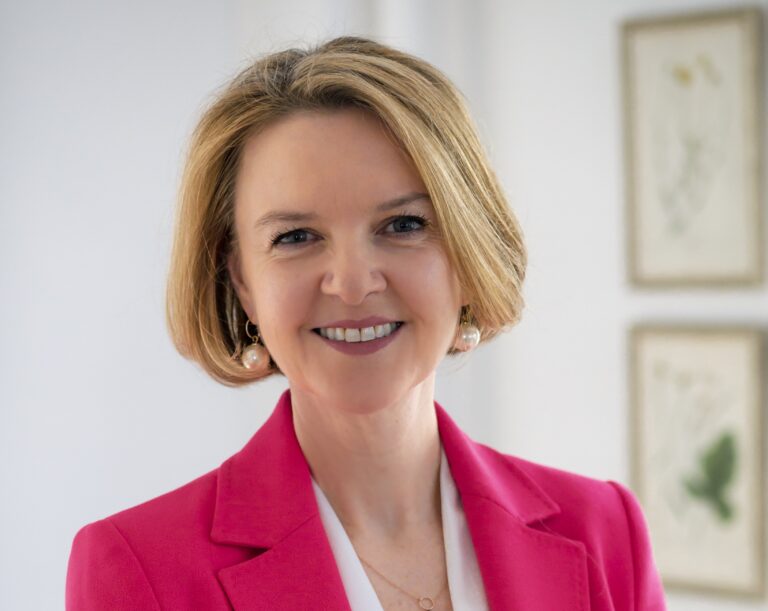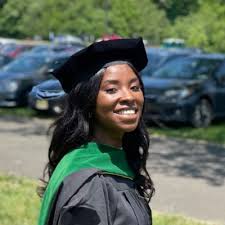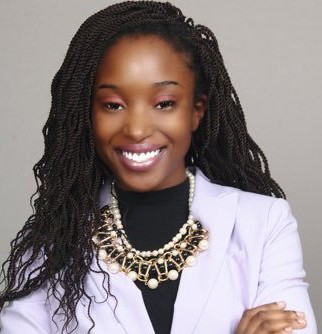Assistant Professor Learning as ABMS Visiting Scholar
Like many of his fellow Visiting Scholars, Francis Deng, MD, didn’t know much about the American Board of Medical Specialties (ABMS) when he applied for the program.
“I knew that the ABMS existed and that it comprised a number of Member Boards,” Dr. Deng said. “I knew that from my time as a (National Resident Matching Program) board member. But that’s essentially the extent of my understanding of how medical specialty boards worked.”
Dr. Deng and two others were chosen earlier this year for the ABMS program, which is supported by the ABR. He’s an assistant professor of radiology and radiological sciences at Johns Hopkins University.

Dr. Deng believes that gaining a better understanding of board certification will help him long-term. He’ll have the chance to do that during monthly update meetings with the ABMS and his fellow Visiting Scholars. The program culminates next September when the scholars present their research findings during the ABMS Conference in Chicago.
“I think of the Visiting Scholars program as not just a funding mechanism for your project, but also a faculty development program that allows you to learn the ins and outs of the ABMS and network with like-minded future or current clinician educators in various stages of their careers,” he said.
The financial support from the program helps Visiting Scholars put together a small research team to perform their work. Dr. Deng’s group includes collaborators with expertise in artificial intelligence, computer science, and the human-computer interface for learners as well as professionals with expertise in educational assessments.
The team’s plan is to develop a web browser-based platform with a PACS viewer for diagnostic imaging that would integrate with a mechanism to collect performance data. The team hopes to perform analytics to plot the learning curve for trainees and determine how many case assessments it takes to accurately measure how well they’re performing on the task.
“My goal is to create a platform that enables deliberate practice of perceptual learning tasks in radiology trainees as it pertains to cross-sectional imaging,” Dr. Deng said.
Dr. Deng had applied for a grant to start work on the project when he heard about the Visiting Scholars opportunity.
“We had not done much in terms of execution on it, but we’ve done a lot of legwork in pulling together the people with relevant expertise and thinking through the design of the project,” he said.
Paul Yi, MD, is part of Dr. Deng’s team. Dr. Yi is director of the Intelligent Imaging Center and an assistant professor of diagnostic radiology and nuclear medicine at the University of Maryland School of Medicine.
As an educator, Dr. Yi is keen to improve how future diagnostic radiologists learn.
“Radiology training typically involves reviewing cases at random, based on the specific patients who happen to be imaged on a given day,” Dr. Yi said. “Though the training process is overall successful, there could be tremendous benefits in applying deliberate practice through individualized repetition of particular case types and personalized feedback for radiologists in training.”
Dr. Deng trained as a diagnostic radiology resident at Massachusetts General Hospital and completed a fellowship in neuroradiology there in 2022. He was certified by the ABR in September 2022.
The composition of his Visiting Scholars research team is an extension of what he does on the job. He regularly consults with physicians from medical specialties outside of radiology.
“It was really appealing to me that the role of the diagnostic radiologist is to be the doctor’s doctor when medical professionals are looking for answers,” Dr. Deng said. “Having that consultative role was appealing because you can have high-level conversations about medicine.”
He’ll spend the next several months educating and learning as a Visiting Scholar. As an early career physician with high aspirations, it’s an excellent opportunity for growth.
“I don’t have a formal educational leadership role at my institution, but I’m interested in that for my career,” Dr. Deng said. “I want to help run a fellowship program in neuroradiology and be an organizational expert or champion for the training program at an institution. Learning more about the ABR and ABMS is a good segue.”





